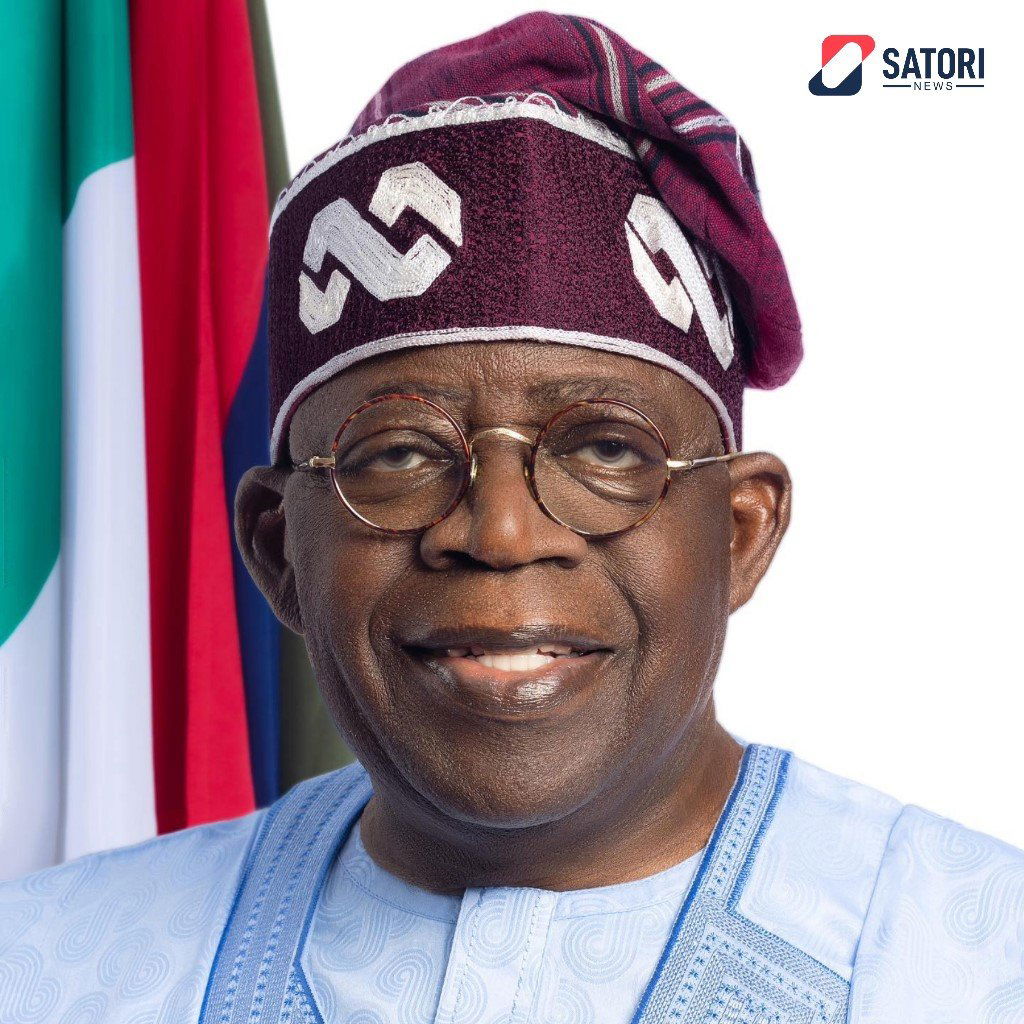Picture: for illustration purposes
Nigerian President Tinubu's Economic Reform Falls Short, Ignites Public Outrage
Unsustained economic reform under Nigerian President Bola Tinubu has sparked hope turning into despair, threatening Nigeria's economic stability. Despite initial hope that Tinubu's administration would be a business-friendly cure to the economic troubles after taking office in May, key pillars of his economic reorganization are wavering after 100 days in office.
The national currency, the naira, has plummeted to a historic low, striking 1,000 to the dollar in the black market, substantially contrasting the official rate of 785. This discrepancy has left businesses and investors stymied, unable to obtain dollars for transactions.
Despite the rise in global oil prices, volatile fuel prices in Nigeria have stagnated since July. Current policies supporting artificially low fuel prices and dollar controls have established costly economic roadblocks. Many question if Tinubu's administration can shift Nigeria away from these costly policies that have stunted investment and economic growth.
In an atmosphere fraught with skyrocketing inflation and a cost-of-living crisis, public dissatisfaction is growing. The two largest workers' unions in Nigeria are preparing for an indefinite strike in response to the cost of living struggles.
As the naira's value continues to wane, foreign investors' faith in the Nigerian economy has faded. The incoming central bank chief recently disclosed that policymakers are grappling with a hefty backlog in foreign exchange demand. The International Air Transport Association has a trapped $783 million in ticket sales, hampering investment in Nigeria.
Moreover, the revealed poor financial state after the audit of the central bank and the continuing import restrictions have compounded economic anxiety.
The delay in dismantling fuel subsidies is escalating the dollar shortage. Nigeria, despite being Africa's largest oil exporter, imports most of its fuel because it lacks the refining ability to meet the demands of its 200 million citizens. The state oil company NNPC LTD, by setting a de-facto pump price limit, has now become the sole petrol importer.
Critics argue that Tinubu's win with a slim margin, combined with inflation at near two-decade highs, limits his ability to drive the necessary changes. Analysts fear the likelihood of backtracking on the critical reforms if conditions continue to worsen.










